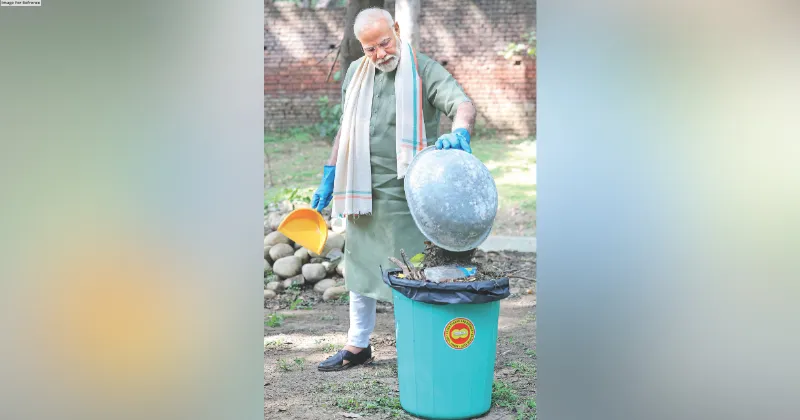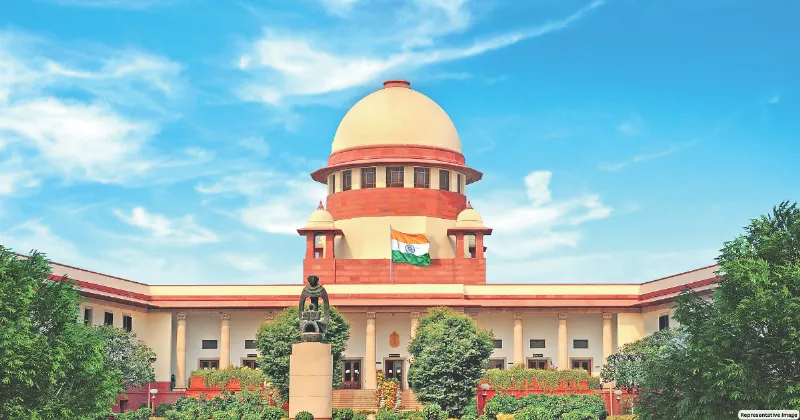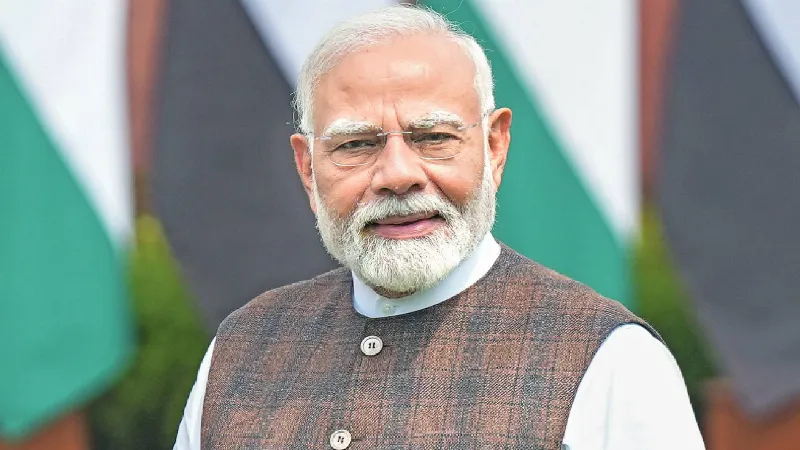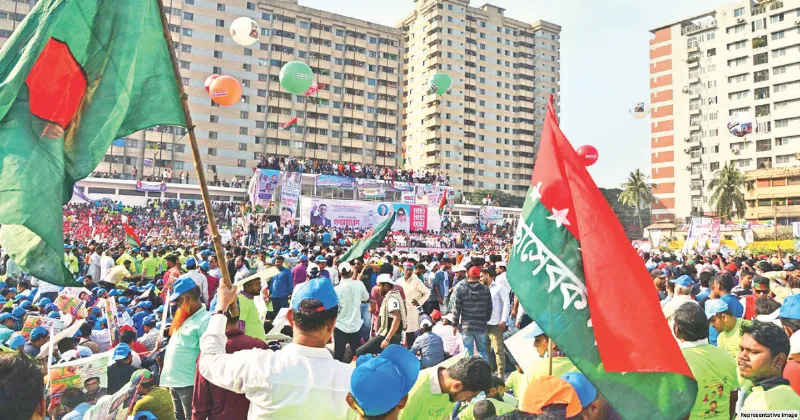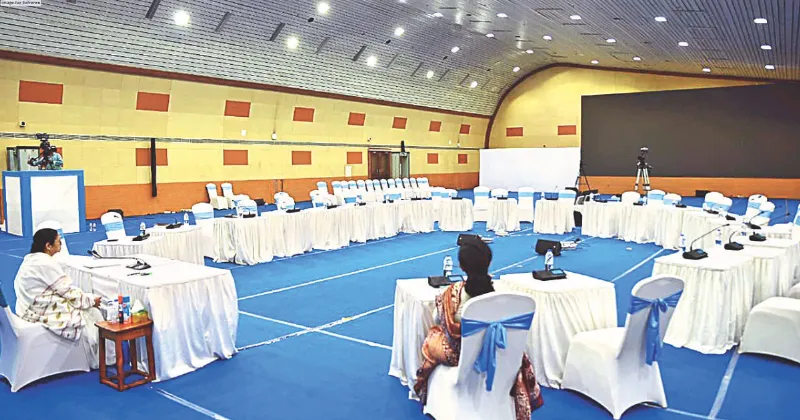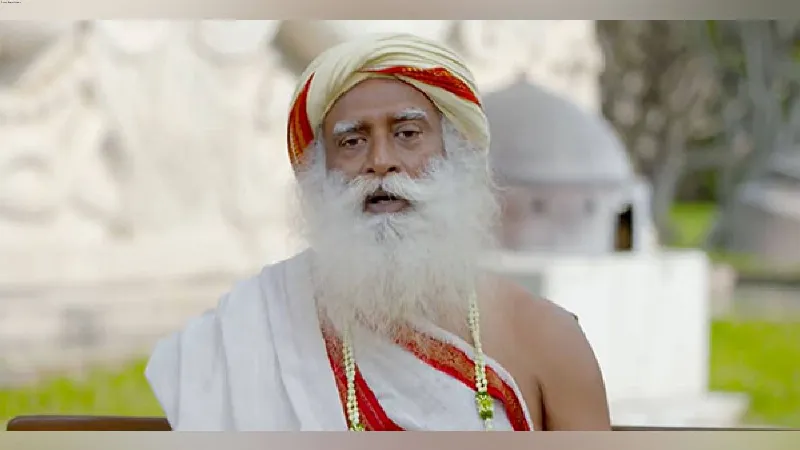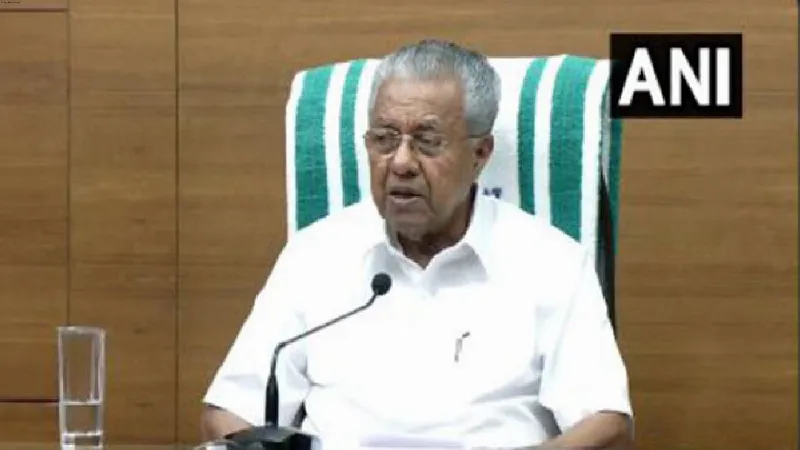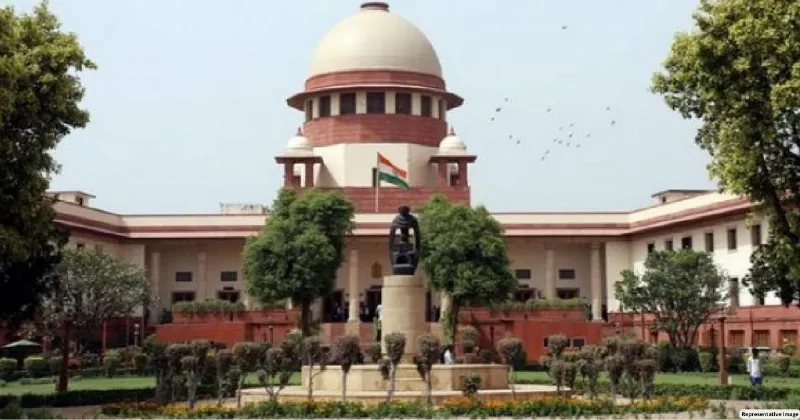Latest News
Koraput Coffee MORE THAN JUST COFFEE

Coffee is a beloved drink of millions of people around the world. A freshly brewed cup of coffee can refresh your mood in the morning or add energy to a mundane workday. Thanks to the mood-lifting qualities of the brew, coffee connoisseurs look for aromatic and flavourful coffee with a dollop of cream on top to celebrate their special occasions. Odisha is now making the world wake up and smell its homegrown coffee. Or, rather sip it. It’s called Koraput Coffee— premium Arabica with a hint of the acidic Robusta and it’s fit for royalty. Odisha's caffeinated brew compliments the first coffee seeds sown as a fancy experiment in the sunkissed, rich reddish-brown soil of Bichalkota village in Koraput on the Eastern Ghats by the polyglot Maharaja of Jeypore, Rajbahadur Rama Chandra Deo, in the 1930s. It has been around for years, but this coffee came of age only recently when Chief Minister Naveen Patnaik’s government decided to package it as a signature brand and push its sales vigorously in the domestic and international market through outlets as well as online e-commerce platforms like Amazon. And thus, the brand Koraput Coffee was launched in 2019. The secret to a great Koraput Coffee, it turns out, is the way it is organically grown, picked, dried, roasted and ground. And the place it is cultivated. Odisha’s southernmost district of Koraput is the state’s tribal heartland, with rolling hills, valleys, roaring rivers, spectacular waterfalls, deciduous forests, and a pleasantly humid, sundrenched climate perfect for coffee bushes to thrive and fruit all year round.
The district is full of paradoxes. This vast outback has had its dark side: poverty, lack of development and hunger. The district was often in news for all the wrong reasons. But the story of penury two decades back is long gone. It is now rewriting many success stories. Once among the most backward districts, it has now turned a corner in twenty years. The region is now making big strides in grain production. Koraput’s h o m e - g r o w n coffee is now winning the battle, adding to the list of success stories and wiping off its notorious past. Grown at an altitude of over 3,000 feet in the district that gives the coffee its name, Koraput’s coffee is 100 per cent premium Arabica. This roasted filter coffee received the Geographical Indication (GI) tag in 2019. The coffee is now cultivated on 5,000 hectares after the Naveen P a t n a i k governm e n t ’ s push—up from 2,000 h e c t a r e s seven years ago. Coffee may have a royal lineage in Koraput, but it was the Directorate of Soil Conservation and Watershed Development that adopted a plantation in the area to check siltation at the Machhkund Hydro Electricity Reservoir in 1958. The Odisha government started promoting coffee cultivation in Koraput in 1960. Private planters joined the initiative in the following years.
Coffee cultivation, however, remained stuck in policy bottlenecks and fund constraints. In the meantime, tribal farmers continued to grow coffee, though the returns were extremely poor as their only link to the market without government aid was “agents” from neighbouring states. They were paid a pittance for the cherries, hardly covering the costs of their labour-intensive produce. Many disheartened farmers almost gave up. A wind of change, however, blew in when Chief Minister Naveen Patnaik took a multi-pronged approach: market the fine coffee produced in Koraput and buy directly from the tribal grower. They were incentivized, right from allotting land for cultivation, to the plantation, to processing and marketing to augment the area’s socioeconomy through coffee cultivation. In 2016-17, the Coffee Development Trust was founded to create a single platform to remove holdups and turn the district into a coffee hub. The government has plans to bring 1.5 lakh hectares under coffee cultivation in the next few years. The expansion plan is a clear indication that a larger plantation area will help create livelihoods for more villagers and bring about a remarkable change in the lives of the district’s tribal people who have primarily practised ‘podu’ or shifting cultivation for generations. Farmers have been traditionally growing crops like paddy, green gram and vegetables which barely met their family expenses. Shifting to coffee cultivation has changed their lot for the better. It has transformed the lives of thousands of tribal populace. Coffee has brought back the smile on their face. Their happiness is the biggest reward for the hard work put in by the Odisha government, the Tribal Development Co-operative Corporation of Odisha Ltd (TDCCOL), and the Coffee Board of India to turn the corner for this remote district. The locals are now showing a growing interest to diversify their income through this cash crop. Call it turning the corner for tribal empowerment. Besides, multi-cropping is helping the farmers grow other cash crops like pepper and cardamom suited for this sunny and rain-fed hilly district spanning sparsely populated vast terrain of rugged acres. As coffee farming requires low maintenance and low cost it can offer huge economic prospects for the district.
So, how much of this organic, export-quality coffee made from natural shade-grown, hand-picked red berries are produced in the plantations of Koraput’s tribal farmers? Official records show about 1,100 metric tonnes were produced in the 2020-21 season. The TDCCOL alone procured 28,790 kg of coffee beans from tribal growers in 2020-21. Odisha has cultivated a reputation for being socially responsible and it is expanding its effort to put more coffee shops— and create more jobs. From farmers to baristas. On International Coffee Day in 2021 i.e October 1, Chief Minister Naveen Patnaik inaugurated the Koraput Coffee Café in Bhubaneswar. He also dedicated the e-commerce platform Koraputcoffee. org to promote Koraput coffee globally. Several Koraput Coffee Cafés have been set up at strategic places to popularise authentic coffee and boost the income of the tribal population. More such cafes are in the pipeline across India to establish the brand and transform the lives of Koraput’s cultivators. For its part, TDCCOL is also selling the product in Adisha stores in Odisha and through ecommerce websites Amazon and its own Adisha. in. Tata Coffee is selling Koraput’s coffee under its brand name. TS Eliot once said he measured out his life with coffee spoons. The same can likely be said about many members of our society. Coffee can be an integral part of a morning routine or an afternoon pick-me-up. To mix up your coffee and snack routine, whether it’s in the early morning, midday or late afternoon, you may accessorise your cuppa with a sprinkle of cocoa or cinnamon and sweetened with vanillabean syrup, chocolate or caramel like a fancy drink. They were all good, but for the connoisseur, it’s a simple cup of Koraput Coffee sipped in an old-fashioned way. No latte, no cappuccino, no espresso, no Frappuccino. Just filter coffee— something that compliments the new cafe culture brewing in India, where a growing number of coffee lovers are banishing the beans from farms that use chemical fertilisers and pesticides. That’s where Koraput Coffee scores—pure and organic, with a rich taste and aroma.

